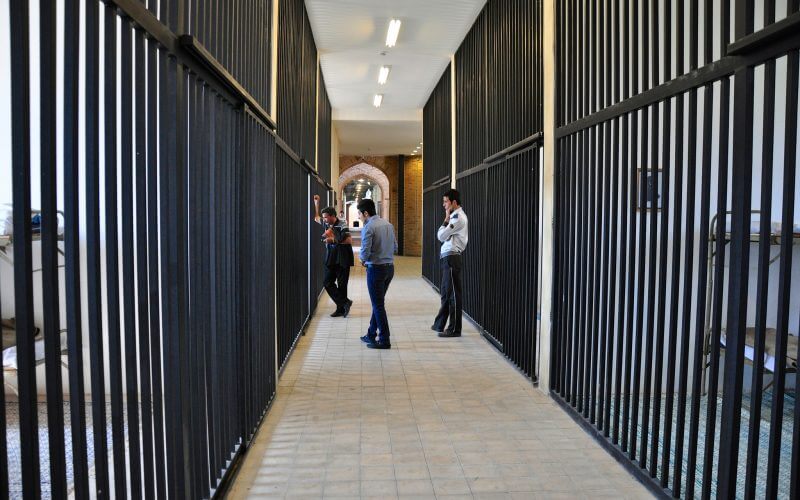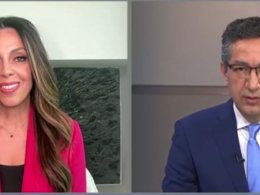The Islamic Republic of Iran has continued to threaten, arrest, and interrogate European and American citizens of Iranian descent traveling to Iran, according to recent media reports. Dual citizens who traveled to Iran in the past few months have been forced to give their personal information to intelligence officials at airports, who have reportedly physically inspected them inappropriately, hurled insults, and sometimes pass them along to further interrogation with the Intelligence Ministry. According to various experts and foreign policy analysts, the increase in arrests of European and American travelers is directly related to current matters transpiring inside and outside the country.
According to reports, most European and American prisoners arrested by Iranian intelligence officials face made-up espionage charges. For example, in February the regime arrested a Belgian aid worker engaging in anti-regime activities on behalf of the West.
Experts like Jason M. Brodsky, Policy Director at United Against Nuclear Iran (UANI), point out that the arrest of Belgium nationals has convinced Belgium authorities to consider exchanging convicted terrorists like Asadollah Asadi, who was found guilty of a plot to bomb an Iranian dissident rally outside France, with hostages who are under threat of execution like Ahmadreza Djalali."
Djalali, a Swedish citizen and professor at Brussels University was arrested in 2017 and sentenced to death on trumped-up espionage charges.
While some see the arrests as a reaction to the ongoing protest movements in Iran, Brodsky views the actions of the Iranian government as "trying to increase the ranks of dual-nationals and foreigners in its prisons to hold as hostages to extract concessions from the international community."
In the United States and Europe, friends and family members of those imprisoned in Iran have raised awareness of their current circumstances on social media outlets like Twitter and Facebook and called on government officials to do everything within their power to secure their release. In a recently published New York Time Op-ed, Siamak Namazi, a 50-year-old Iranian American, wrote about his time in the infamous Evin Prison and the conditions that he, his father Baquer, and many other Americans face. Namazi called on President Joe Biden and his administration to create a deal to free Americans regardless of the outcome of the nuclear negotiations.
Not only have European or American individuals been arrested upon entering Iran, but Iranian political prisoners and professors like Saeed Madani have been questioned and arrested by intelligence officials at airports. According to reports, Revolutionary Guards (IRGC) intelligence officers told Madani that he could not leave the country, confiscated his passport, the Intelligence Ministry questioned him for several hours, and eventually allowed him to leave Iran.
As the regime and the West are trying to revive the 2015 nuclear agreement, hoping to revive the deal revoked under the Trump administration, those familiar with the talks understand that the arrests of European and American officials in Iran are so that regime officials can demand more economic concessions than already outlined in the agreement.
According to Brodsky, the arrests "certainly impact the nuclear negotiations, straining relations between Iran and the E3 on the bilateral level, but the shape of the Iranian system prevents consequences from hostage-taking."
While American and European officials have raised concerns about the Islamic regime's unlawful arrests and have called on the government to release political prisoners, the Western powers have done little or no action against the government and continue to negotiate.
"The exchanging of hardened terrorists and frozen funds for hostages just perpetuates the vicious cycle of hostage taking as the Iranian establishment will feel it has every incentive to continue this practice," exclaimed Brodsky. With Iran continuing its unlawful arrests of American and European nationals, many experts, human rights groups, and politicians argue for harsh consequences against Islamic officials. Experts like Brodsky believe that the West and others "need to exact a price from Tehran, including diplomatic isolation and sanctions. The U.S. and Europe should also consider barring their citizens from traveling to Iran, given that it is not safe for dual-nationals to travel there given the considerable risk of detention."










